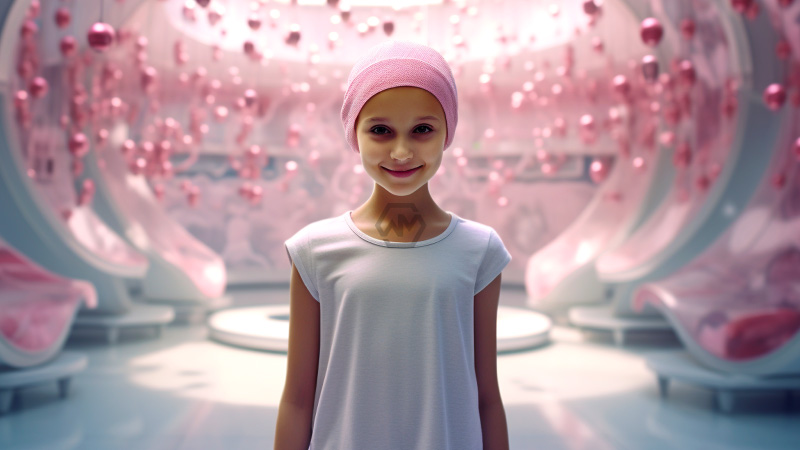- Increased cancer rates in adults under 50, particularly women.
- Shifting trends show cancer diagnoses are rising in women and narrowing gender gaps.
- Lifestyle changes, such as quitting tobacco and maintaining a healthy weight, can lower risk.
The American Cancer Society‘s recent report highlights a concerning trend of rising cancer cases in younger adults, particularly women under 50. While genetic and lifestyle factors are contributing to the surge, experts are investigating the role of environmental exposures in this troubling shift.
Types of cancers such as breast, uterine, and colorectal are seeing higher diagnoses, which raises concerns about the future impact on public health.
Alarming Rise of Cancer in Young Adults: Prevention and Awareness Key
In response, experts emphasize the importance of prevention strategies like maintaining a healthy weight, exercising regularly, and avoiding tobacco and excessive alcohol consumption. These lifestyle changes could significantly reduce the risk of various cancers, offering a path toward lowering these rising numbers. The report also noted a decline in overall cancer mortality by 34% over the past three decades, showcasing the positive effects of early detection and advancements in treatment.
In a shift from previous years, women are now being diagnosed with cancer at higher rates than men in certain age groups. This gender gap, which has traditionally favored higher rates of cancer diagnoses in men, is narrowing. This indicates that women in younger age groups may be experiencing more frequent diagnoses than in the past, which poses a growing concern for healthcare providers and policymakers.
However, there is some good news in the report, as cancer mortality rates have declined by 34% since 1991. This decrease reflects advancements in early detection, treatment, and prevention strategies. Such progress indicates that, while cancer rates are rising in younger adults, ongoing research and improved healthcare systems are making significant strides in reducing the number of cancer-related deaths.
Experts recommend lifestyle changes to mitigate cancer risk. Key actions include quitting smoking, avoiding excessive alcohol consumption, staying active, and maintaining a healthy weight. By prioritizing these habits, individuals can significantly reduce their risk of developing early-onset cancers, helping to slow the overall rise in cases.
While the rise in early-onset cancers is concerning, lifestyle changes and prevention measures can help reduce individual risk. Early detection and ongoing research continue to offer hope.
“The best way to fight cancer is by preventing it, and the most effective prevention starts with making healthy lifestyle choices.”



